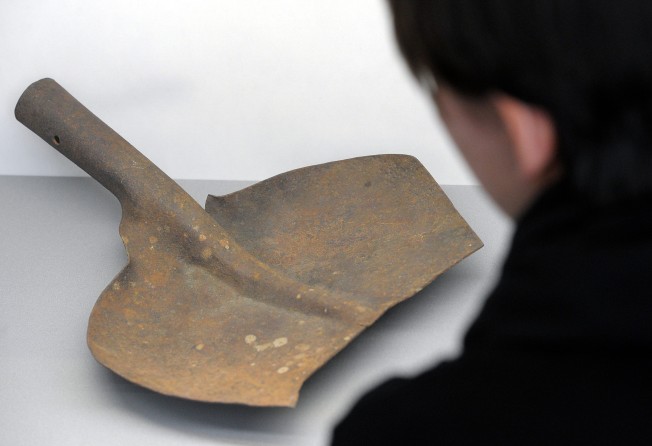Russia may build tourist camps on former gulag sites

The ministry of entrepreneurship and tourism development of Russia's Sakha Republic, also known as Yakutia, has proposed creating "tourist camps" on the sites of former gulags in a remote region of eastern Siberia.
During the 1940s and 1950s, thousands of prisoners worked at forced labour camps in the Tomponsky district, building the M56 Kolyma Highway, often called the "road of bones" as many of them died during construction.
Minister Yekaterina Kormilitsyna said: "Today the gulag has every chance of attracting tourists. This project will preserve the historical heritage not only of the region, but of the country as a whole."
The proposal was made at a meeting of regional and local officials during a festival called "travels to the pole of cold" in reference to the village of Oymyakon, near the M56, generally recognised as the coldest inhabited place on earth.
Officials agreed to co-operate in establishing tourist camps on the site of two labour camps, the M56 construction camp and another where the yellow mineral orpiment was mined.
But the human rights group Memorial, which works to preserve records of political repression including the gulag labour camp system, has questioned the tourist camp proposal.
Memorial activist Yan Rachinsky said projects to open up labour camps for commercial, rather than educational, purposes tended to create a "pseudo-historical fiction" and a "false sense of what happened".
According to Rachinsky, tens of thousands of people died in labour camps in Yakutia, many from the cold. Located partially above the Arctic Circle, Yakutia is known for its severe climate and is covered with huge swaths of forests and barren tundra.
"It's not right," Rachinsky said. "It's the same as a German concentration camp becoming a calling card for Germany."
Bolot Bochkaryov, who helps organise expeditions to Yakutia and runs the blog AskYakutia.com said adventure travellers who braved the rugged highway were often interested in the history of the camps. "They like the road ... but at the same time, they want to visit the gulags."
Most of the dozens of gulag camps around Russia have fallen into disrepair since the system came to an end in 1960.